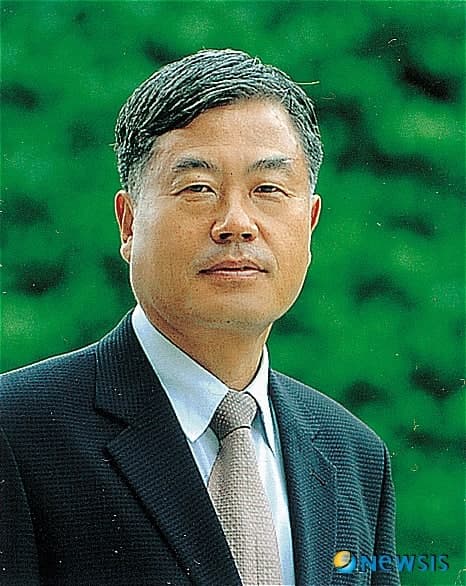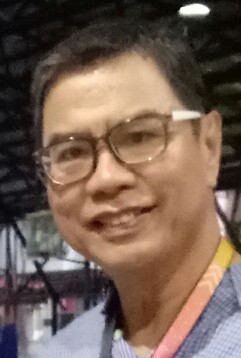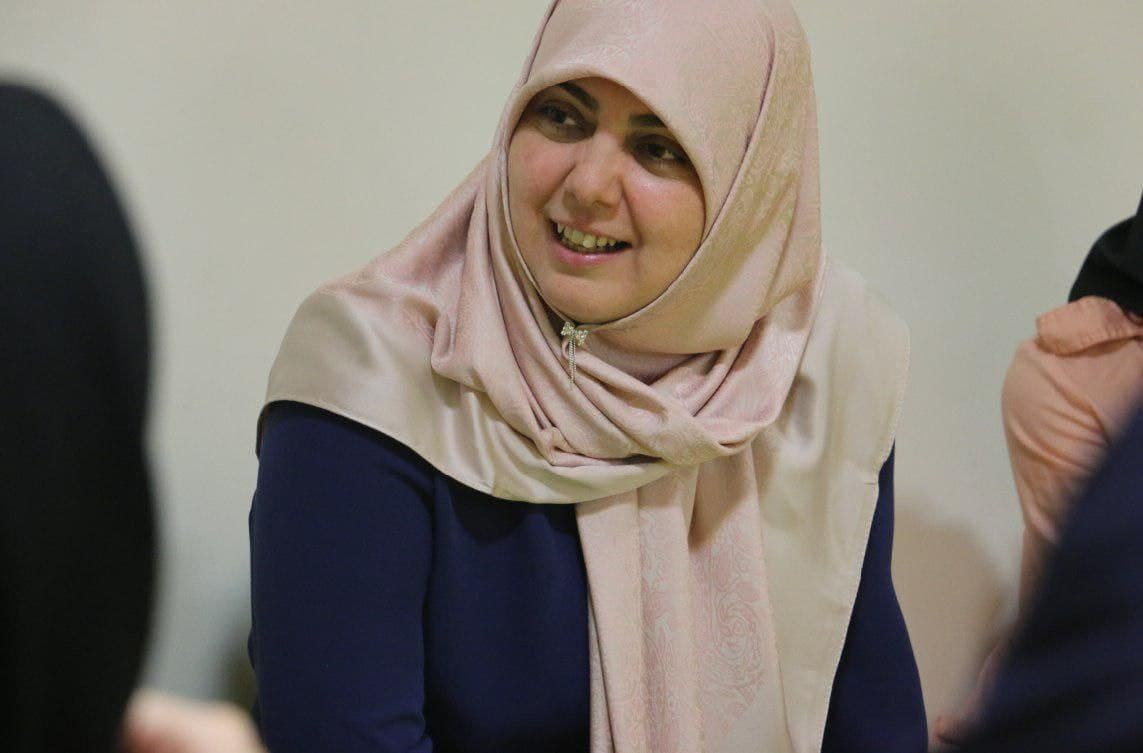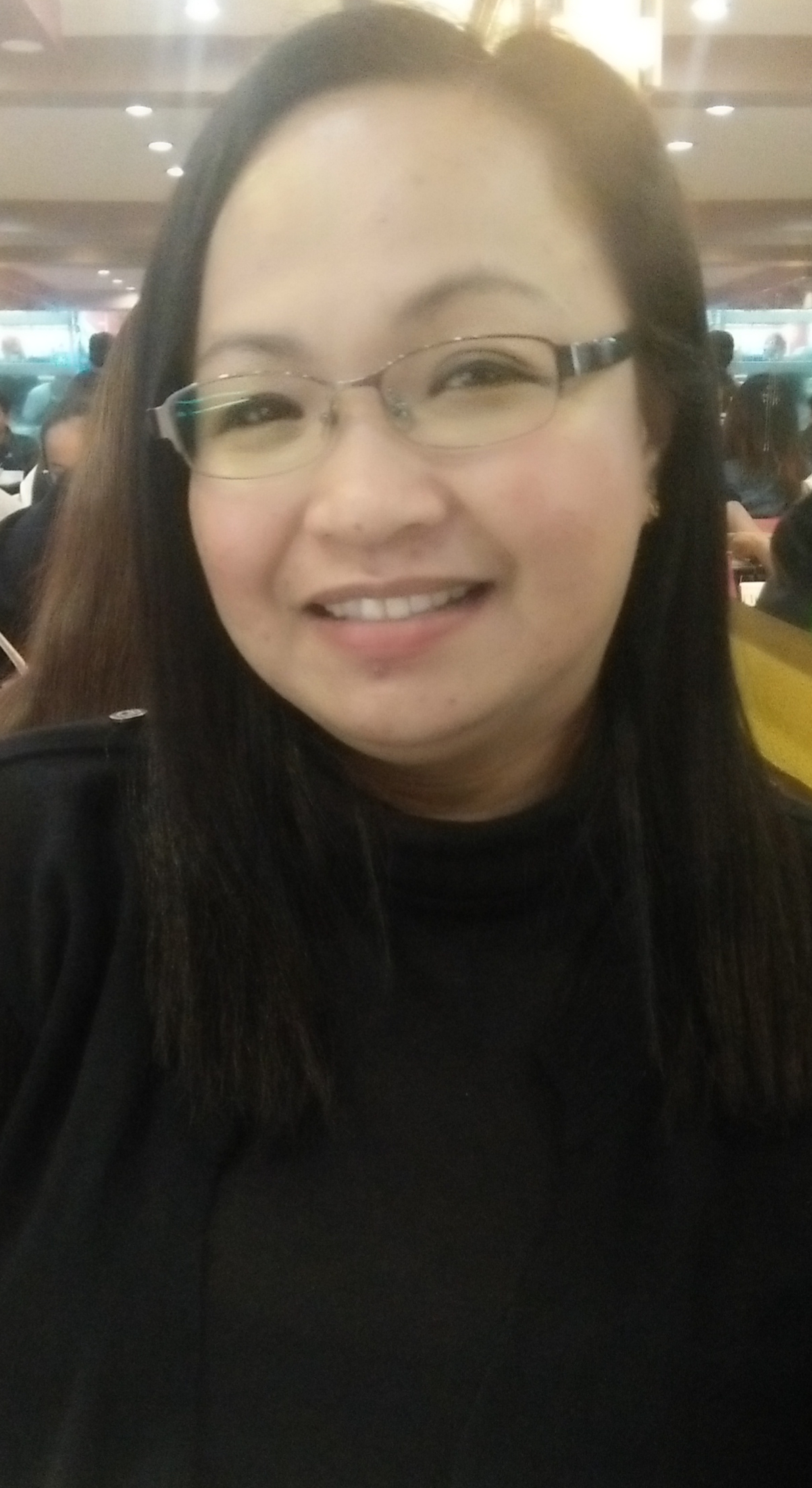
He established PCYNAP to promote children’s philosophy education that suits the characteristics of the Asia-Pacific region in 2011. It has held seven Asia-Pacific workshops so far. Starting with the establishment of the Seoul National University of Education “Philosophy Research Association”, which was founded in 1968, he has been working as a teacher at the school site Korean Academy of Teaching Philosophy in School and as an emeritus professor at Gyeongsang National University to promote philosophy education in school. He introduced IAPC works in Korea.He co-studied international research with Matthew Lipman the founder of the Philosophy for Children program, and has been working on the development of pedagogy based on Oriental Philosophy including pragmatic, phenomenal, and analytical philosophies.




